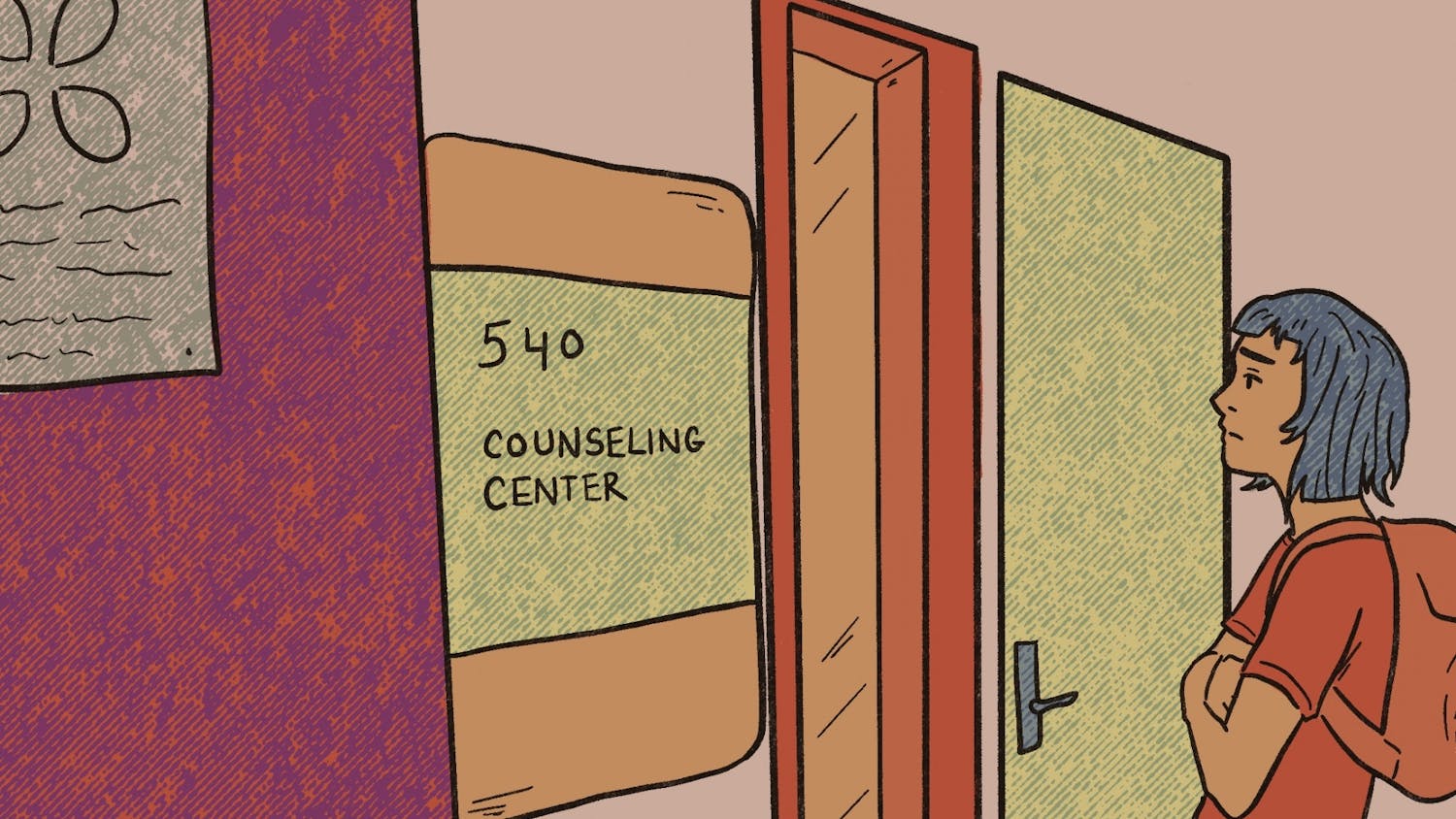Editor’s note: This letter to the editor is in response to a guest column titled “OPINION: We need to change the stigma around sexual assault.” The Front has since issued an apology for the column, which can be found here. As a newsroom, we want to be clear: we stand with survivors.
For free survivor support resources, community members can call the National Domestic Violence Hotline and DVSAS of Whatcom County. In addition, Western students can access free, confidential support on campus from Western’s Survivor Advocacy Services, offered through the Counseling and Wellness Center.
Content warning: This letter to the editor mentions sexual assault.
Submission by Maesie Halliday, Western student
The assertion that Bellingham is an intolerant liberal echo chamber is made often, and it can be valid – but more realistically, many members of the Bellingham community feel that they cannot speak against social warriors. The silent majority of Western students are not committed to the brand of social justice that some Western students are selling.
Of course “There can’t be one right response to an accusation,” of sexual assault, but there is one response that is rare: believing the victim.
The kind of silence that is debilitating to survivors of sexual assault is not the kind that refuses to challenge “social warriors,” but the kind that deters survivors from talking about their sexual assault.
Promoting conversations with those who’ve committed sexual assault is not a bad idea, but let’s first focus on sympathy for the survivors who have been assaulted because there seems to be a shortage. Only an estimated 30% of assault cases are reported. The way we change this is by being willing to believe survivors.
The assumption that the go-to response to sexual assault is to socially ostracize the perpetrator is not true: there is no shortage of sympathy for perpetrators.
The author writes, “A part of taking responsibility for what you have done is accepting any punishment that comes because of it,” but is it? If Bellingham so often shuns perpetrators, where are the social pariahs? And is the punishment of ostracization really so “severe” if the perpetrator can simply “find new friends and continue to act the same way”?
Legal punishment for sexual assault certainly doesn’t seem severe when 975 out of 1,000 perpetrators will walk free. My roommate’s rapist was let off scot-free by the Bellingham Police after admitting to the assault. Brock Turner got six months in jail and Brett Kavanaugh became a Supreme Court justice. If this is the punishment that ill-intentioned perpetrators get, are we really going to assert that “well-meaning perpetrators” suffer?
There are many ways that people respond to sexual assault and trying to socially ostracize their perpetrators or ignoring the issue are not the only two, nor are they the most common. If you Google the primary reactions to sexual assault, the list reads: shock, disassociation, shame, depression, and becoming physically ill, not whether or not to try and socially shun their perpetrator.
So, what are the steps we can take to change the stigma around sexual assault? The first step is to believe survivors. The next step is to ensure that perpetrators are actually brought to justice. Let’s try that before worrying about what the perpetrator will do next when or if they are “shunned.”
The truth is, “You may have an opportunity to stop a future sexual assault.” The first step is to not sexually assault people. If you are unsure about whether or not what you are doing constitutes sexual assault, ask yourself if there is enthusiastic sober consent happening right now and if there isn’t, clarify.
You have the opportunity to believe survivors. Will you take it?




